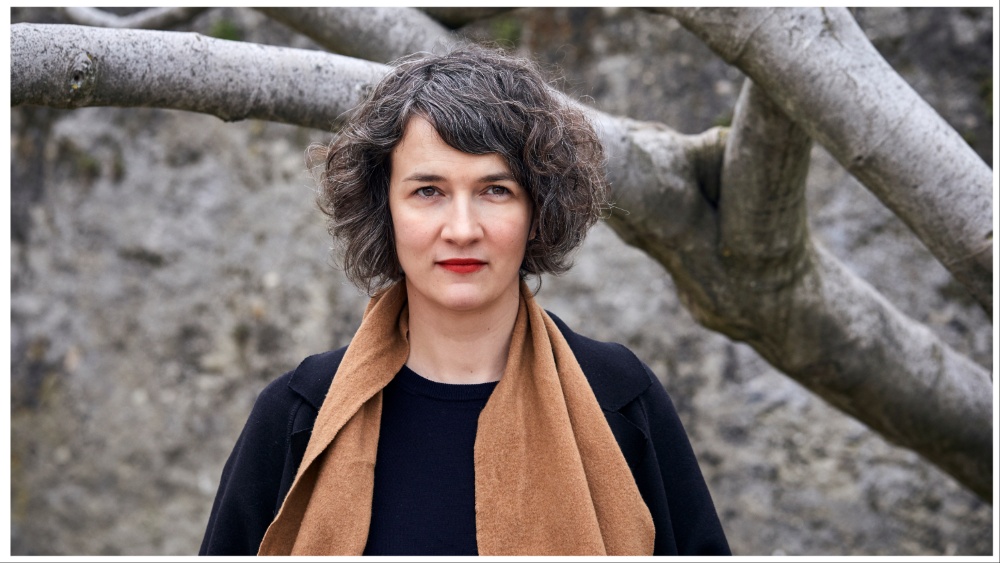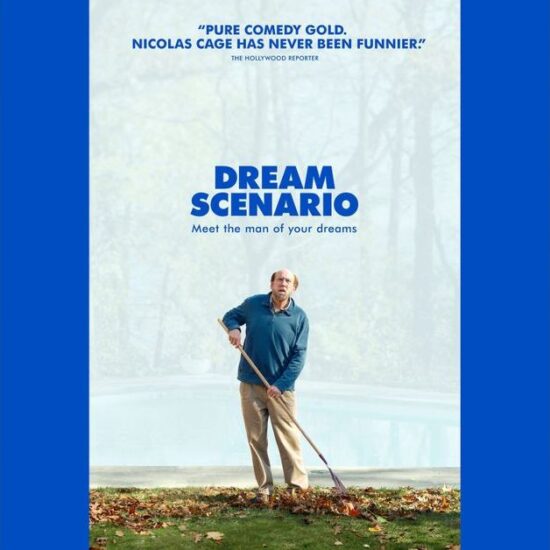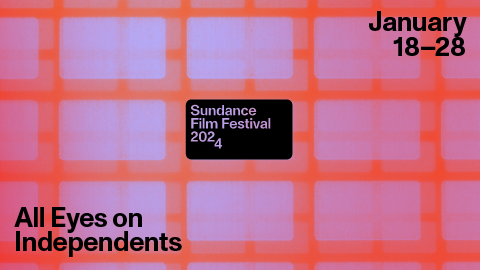
As Switzerland’s international documentary film festival Visions du Réel is about to wrap up, its artistic director Emilie Bujès, who’s been running the show since 2017 and was part of the selection committee for several years before that, told Variety that packed theaters throughout the 10-day event are proof that the public is back.
She was very pleased to note that many of the 163 screenings were packed – “even the retrospectives!” – and she was delighted to have two women filmmakers among her guests.
“They were fantastic. Symbolically, to have two strong women who were so generous with the audience – it was paradise,” she said of Alice Rohrwacher, who will be in Cannes’ main competition with “La Chimera”, and acclaimed Argentinian filmmaker Lucrecia Martel, whose upcoming project, “Chocobar,” will be her first foray into feature-length non-fiction.
Bujès sat down with Variety for a look back at this 54th edition of Visions du Réel.
At the festival, attendance figures were good, but generally speaking, what you hear is that what’s needed to draw people to theaters are special events…
I can see festivals are doing great: we’re back. But theaters are not – does it mean things will continue to go down for theaters and we are all in danger? Or do we all need to find the energy to make it start again? What we see here in Switzerland is the cinemas that work are those that are super active in organizing events.
Maybe we need to rethink how festivals can contribute more. I truly believe – maybe it’s an ideological way of thinking – that people have forgotten how great it is to go to the cinema, and I hope festivals are contributing to change that: you attend a screening that’s packed, and you have this experience of watching films with people in a dark space without your phone, and it’s a really different experience.
During their pitch, Peter Mettler (“Where the Green Grass Grows”) and his producer said they would welcome an offer by a platform for his seven-film series…
I’m not against platforms: everybody’s watching films at home. It would be interesting to make sure that those platforms have more diverse content – some of them at least – but we shouldn’t have to pick between one or the other.
For example, I want to watch Peter Mettler’s seven films in a cinema, I want to be in a room with people that fall asleep and eat and spend 10 hours together, I think this would be an amazing experience. Those are films that have a limited potential in terms of audience, so we should make sure that we reach them by all means possible.
We bumped into Niklas Engstrøm, the artistic director of CPH:DOX, here in Nyon. What about the supposed rivalry between your two festivals, especially since they changed their dates from November to March [in 2015]?
Sure, we fight over films, though I would say we fight more with the Berlinale than with CPH. But this is also part of the game: we respect each other because we are fighting for the same films, and we are all connected because we are just these crazy people watching tons of films, and we love films.
Of course, we were not happy when they came closer to us [in March], but the profiles of our festivals are not the same. It’s more interesting for us to nurture this different identity. First, we are smaller, so basically Nyon becomes the festival: everybody hangs out together for those industry days, and it’s different to being in a big, cool city like Copenhagen.
Then, we’re different in terms of programming. They are much closer to the U.S. and a certain understanding of cinema and the film industry. They also have different kinds of competitions, like F:ACT [dedicated to political and journalistic films] and the Science program. We don’t have sections like that: the differences we create are more cinematic. It’s another way of thinking of the lineup, which makes our life a bit more difficult, but it’s a challenge for us to reach the industry which is going to feel comfortable with those films.
It’s also interesting for us to think about the balance of the [VdR-Pitching] projects – we only have 15 compared with around 30 at CPH. We try to build something that’s coherent but also open, so we can address those who are more [interested] in journalistic [docs], and also bring them onto projects they might consider slightly more arty, which still address strong topics.
What would you say to those who would like to see more established talent in your lineup and among your projects?
I really feel our job is to launch new talent. We have established guests and names – like Peter Mettler, Carmen Castillo and Laila Pakalniņa – and this sends a clear cinematic message: ‘This is the direction we are looking in.’ It’s a hint of what to expect, a very strong statement. But I really feel deeply that we watch a lot of films and pick the films and projects we want, and it’s our job to help these people enter the circuit.
How do you make sure you connect the right sales people to the right projects?
There is a lot of preparation. Sophie Bourdon [the new head of Industry] spends a lot of time talking to the project holders, preparing them, to find out what they are looking for. And we know the sales people, we have a sense of who might be interested in which project. This year, they held about 500 meetings over the three Industry days, so there’s a lot happening.
Visions du Réel runs in Nyon, Switzerland, from April 23 until April 30. VdR Industry ran alongside the festival April 24-27.












